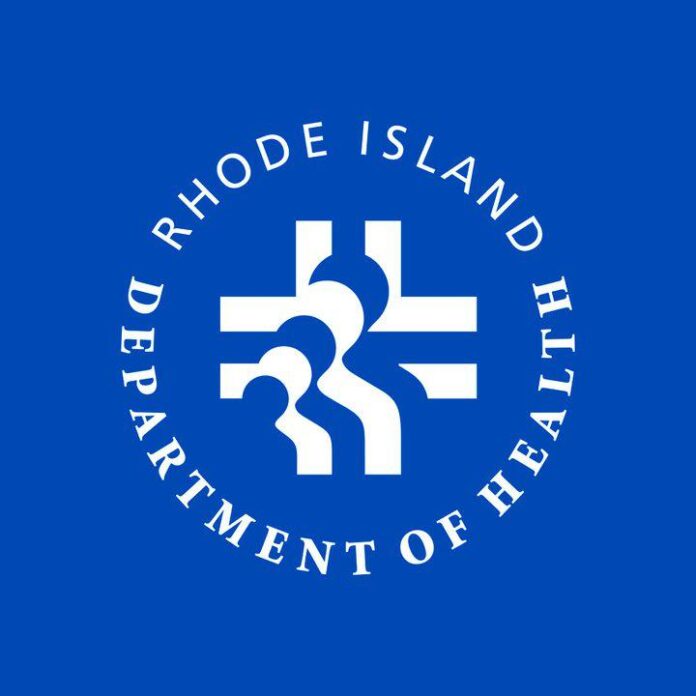PROVIDENCE – In reaction to a recently released report by the Centers for Disease Control and Prevention, the R.I. Department of Health has announced a renewed effort to educate doctors on the proper use of antibiotics.
The health department plans to send educational materials to the top 10% of antibiotic prescribers in the state, and the agency’s Antimicrobial Stewardship and Environmental Cleaning Task Force will focus on public awareness through its “Be Antibiotics Aware” campaign. The program runs as a partnership with the CDC.
“Improving the way we prescribe and take antibiotics can help keep us healthy now, help fight antibiotic resistance and ensure that lifesaving antibiotics will be available for the future,” said task force chair Kerry LaPlante, who is also a professor at the University of Rhode Island’s College of Pharmacy.
According to the CDC report, about 2.8 million infections and 35,000 deaths are caused nationwide each year by antibiotic-resistant bacteria and fungi. Overuse of antibiotics is at least partly to blame, health experts say.
Bacteria becomes antibiotic-resistant when it develops the ability to defeat antibiotics, leading to illnesses and infections that are difficult or impossible to treat.
The AMSEC task force is also working with Rhode Island medical facilities and providers to help improve infection prevention, which can reduce deaths from antibiotic-resistant infections.
By taking antibiotics only when necessary, patients can help guard against antibiotic resistance, the spread of superbugs and side effects from medications, experts say.
“When someone takes the time out of their day to go to the doctor, they want to walk out with a prescription that is going to make them feel better. But antibiotics are not always the answer,” said Dr. Nicole-Alexander Scott, director of the R.I. Department of Health. “In fact, they can sometimes make things even worse. By taking antibiotics when not appropriate, people put themselves at risk for serious side effects while also undermining our ability to use antibiotics as a lifesaving tool for future generations.”











